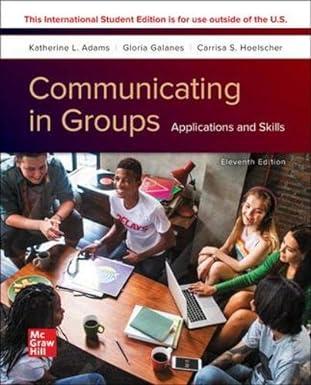Assume you are on a student judicial committee charged with deciding the punishment of students who have
Question:
Assume you are on a student judicial committee charged with deciding the punishment of students who have violated your institution’s rules and policies. Rob, the student whose case the committee is overseeing, is charged with plagiarism. He submitted a paper very similar to one that another student had turned in the previous semester to another teacher for the same course. Sections of Rob’s paper are identical to the earlier paper, but some parts of the paper contain new research and appear to be Rob’s own work. Rob has admitted that he plagiarized portions of the paper but pleads extenuating circumstances and asks for your committee’s mercy. Soon after he started his research for the paper, he learned that his younger sister, still in high school, had been diagnosed with leukemia. She is being treated, so far successfully, but for the last few weeks Rob has driven home on weekends to be with her.
He and his sister are close; she relies on him for emotional support, which he has been happy to provide. But helping her has consumed all his time and drained him of the ability to concentrate. He took the easy way out, but made sure that he incorporated his original research into the paper he “borrowed.” Rob asks you to let him drop the course with no penalty so he can take it again the next semester. However, your institution has an honor code all students sign as freshmen; the code specifies a minimum of one semester’s suspension for all honor violations, including plagiarism. In practice, though, the student judicial committee’s recommendations are accepted. Here are your choices:
• Let him drop the course with no penalty.
• Give him an F in the course.
• Give him an F in the course with a notation that the F is due to plagiarism; this remains on his permanent record.
• Give him an F in the course and suspend him for one semester.
• Give him an F in the course and expel him from school permanently.
1. What would you personally recommend for Rob? What is your reasoning for your recommendation?
2. Get together in groups of five or six, as if you were the student judicial committee, and come to consensus about what you would recommend. Then discuss what your reasons were for your ultimate recommendation. What considerations were most important to you?
Step by Step Answer:

Communicating In Groups Applications And Skills
ISBN: 9781260570786
11th Edition
Authors: Katherine Adams, Gloria Galanes





